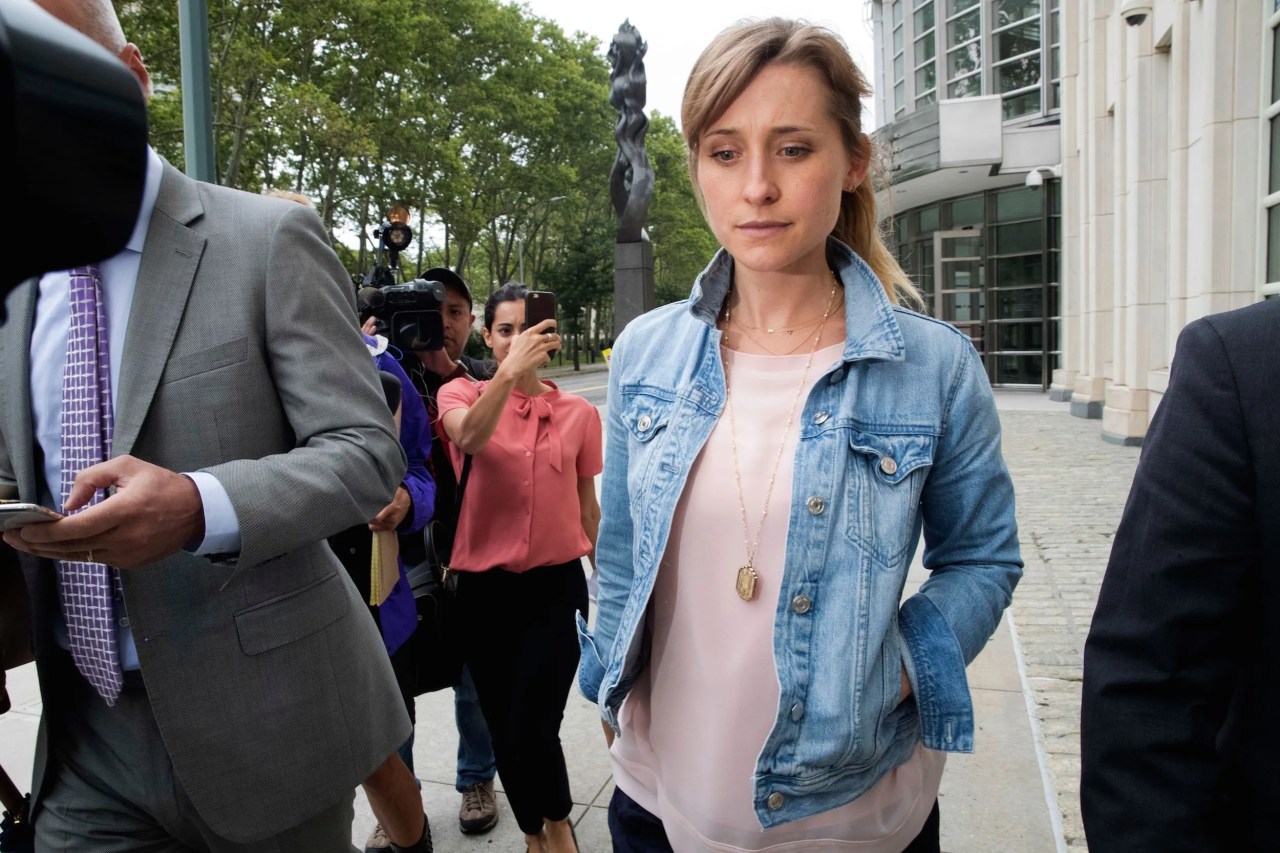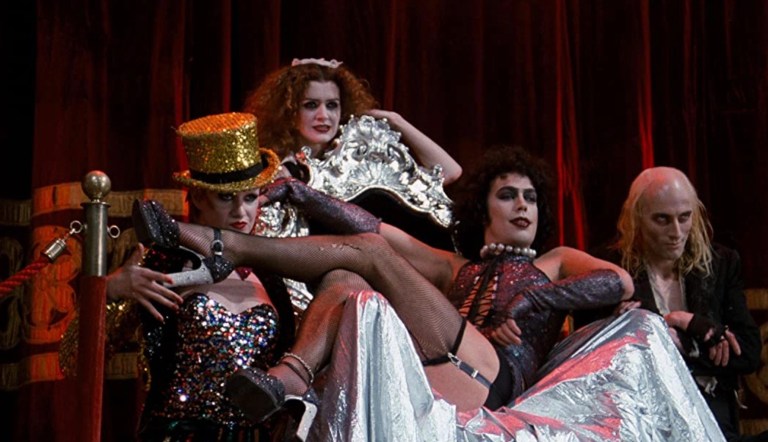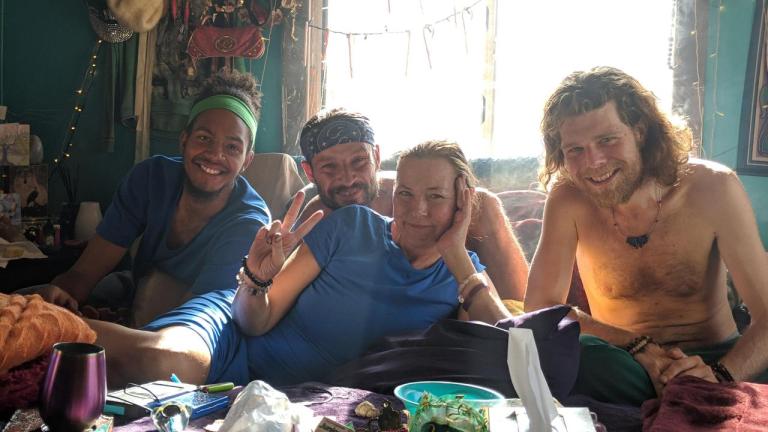
The Dark Psychology Behind Allison Mack’s Devotion To Keith Raniere And The Infamous NXIVM Sex Cult
By Erin Whitten
“I want you to be happy with me all the time.” With that one sentence, Allison Mack provides the defining insight into her own life as it veered from child actor to NXIVM recruiter. Long before NXIVM, before it was even in her mind, she was a little girl whose identity and value were tied to applause. “Even before I started acting,” she said, “I was like, what do you want me to do? Okay, I’ll do that. Where do you want me to go? Okay, I’ll go there.”
The daughter of a musician father and Montessori teacher mother, Mack was raised in an artsy part of Southern California. Acting came early and naturally. “The whole value of me as a human being was around being an actor and being a good actor,” Mack recalled. “I conflated love with acting and being good.” In classrooms and on sets, at home and in her parents’ theater company, she was rewarded for being charming and compliant, for bringing good energy, for reading the room. That instinct for compliance was magnified once she entered the Hollywood machine. “You walk into an audition,” Mack said, “and you look around at all the girls and you rank yourself. You’re pitted against each other constantly.” Niceness was her strategy: Be likable, she thought, and you can keep working, keep being loved.
By sixteen she’d left home, cast in the starring role of what became a Netflix series with a young Chris Evans. She describes herself as “a teenager with too much money and freedom.” Naturally, the habits were already in place: when her first serious boyfriend hit her, she tried to soothe him with love instead of leaving him. “It was easier for me to just give him a credit card than to stand up to him,” Mack said. “Because standing up to him would turn into big, violent, name-calling, horrible things.” When it was over, when he was clean and sober and abusive again, she stayed, still bracing him. “My poor mom, my poor brother,” Mack would think in the years to come about her instinct to deflect pain for those she loved and the line between compassion and self-erasure was already blurred.
So when Mack was invited to a women’s weekend retreat for a self-help group called NXIVM, it was, by all accounts, love at first sight. “We were learning about honesty,” she remembers, “and what does it mean to be honest.” The group, led by Keith Raniere, was in Mack’s native tongue, introspection, betterment, harmony. At the end of the weekend, Mack boarded a private plane from Woodstock, New York, to Albany for a second weekend with the group, this one with Raniere. What awaited her there was not mentorship, but a kind of initiation, what Raniere called midnight volleyball. “He said, ‘It’s nice to meet you. Do you have a question for me?’” Mack hadn’t prepared one. “When I said no,” she recalled, “he said, ‘Oh, is that how you do life?’”
The question stung her. All her life, she had done what other people told her to do; now, she was being asked if that was wrong. “I don’t think I just stand on the sidelines and smile,” Mack said, half defensively, half, even then, dutiful. Something in that moment, his equanimity, her desire to be tested turned her off balance. Later that night, she crept back to his room to ask her question: What is art? He told her, “Art itself is nothing, but what you make of art is everything.” For Mack, a fledgling artist in her own mind, it was mind-blowing. “No one had ever said anything like that to me,” she would later admit. “It blew my mind.”
From that moment, the director-actor dynamic that had powered much of Mack’s career transferred with ease to Raniere. He had vision; she gave herself over to it. “I think I was very effective in moving Keith’s vision forward,” Mack would later tell a federal judge. Mack’s role within NXIVM was not subversion, but performance, still, stilling, dutiful. She was following cues, earning approval, bringing good energy, the way she had always done. When the group formed a secret sorority, a cloister of confidantes for Raniere, Mack helped lead it, genuinely believing it was for a greater good.
By the time women were being branded in secret rooms in upstate New York, Mack was in full character. Her role was obedience; her script was belief. When it all came crashing down, when Mack was hauled into court and victims glared at her across the room, she did not, at first, deny what she’d done. “I don’t see myself as innocent,” she said quietly.
This is less a tale of evil than it is the logical conclusion of a lifetime’s audition. Every scene in it…child star, girlfriend, devotee…was about becoming lovable through submission. The applause just came from different audiences.
Listen to her thoughts, below.











